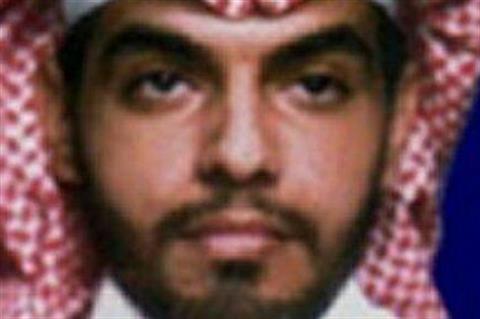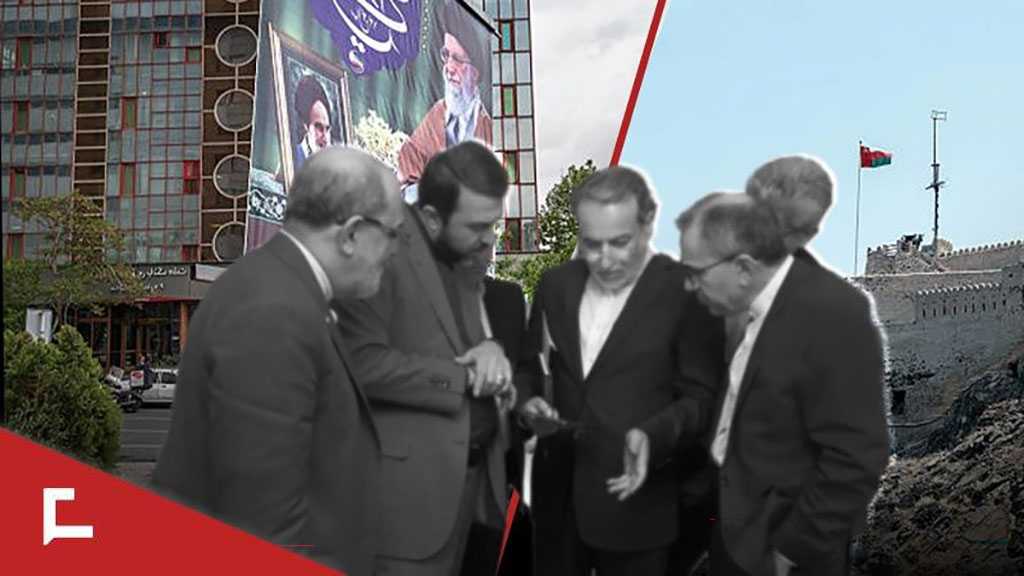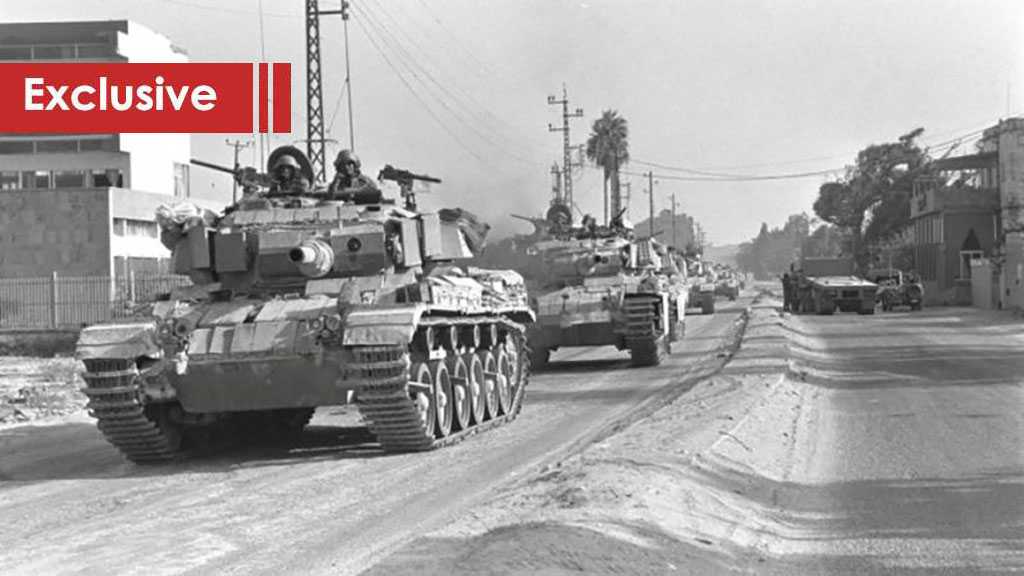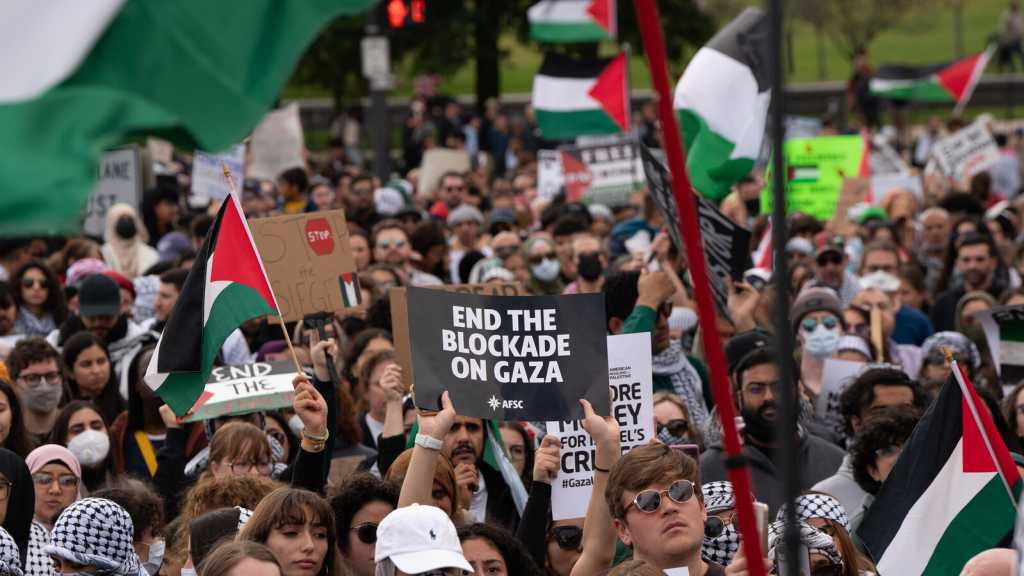Information about Majid Majid Revealed for the First Time

Mohammad Kesserwani
Majid Majid died; so the file was open! Only a few words can recapitulate the conflicting information about the death of the Abdullah Azzam Brigades' Commander, Majid Majid. The mystery of his death has brought back to mind the scenario of the killing of Shaker al-Abssi, the leader of Fatah al-Islam. In both cases, the "key to the solution" was killed in a way that just doesn't make any sense.
 If he really died of kidney failure, the man could have undergone dialysis or a transplantation surgery. Then what was it that made him such an exceptional, incurable case? His death did raise many questions. Was he liquidated so that infernal schemes concocted for Lebanon could die with him? Or did the side that had recruited and transferred Majid from KSA to Lebanon want to end his life?
If he really died of kidney failure, the man could have undergone dialysis or a transplantation surgery. Then what was it that made him such an exceptional, incurable case? His death did raise many questions. Was he liquidated so that infernal schemes concocted for Lebanon could die with him? Or did the side that had recruited and transferred Majid from KSA to Lebanon want to end his life?
Well-informed security sources actually said that the Lebanese Intelligence services could not conclude the interrogation of al-Qaeda's man in Lebanon, noting that he had not said any word during former debriefs.
The sources added that Majid was present in Ain-el-Hilwe refugees' camp in the southern city of Sidon before Sunday, December 15, 2013, and that the attack on a Lebanese army checkpoint in Awwali region aimed to distract the army so that Majid could be taken out of the city.
The raids the army effectuated then in the city's vicinity and forests, the sources add, were launched based on info about Majid's attempt to escape Sidon. Truth is, he had already left Sidon!
Besides, from mid-December till the 26th, the day when the Intelligence Directorate said it had arrested Majid, the man was present in a region between Sidon and Beirut. One must then wonder about the side that had provided him protection and harbor. And, if taking Majid out of the camp for hospital treatment, how was his health condition between the two dates?
The sources also said Abdullah Azzam Brigades were active in Lebanon in four key coastline areas: Saadiyyat, Jadra, Nehme, and Khalda, where Majid is believed to have sheltered after leaving Sidon. Another source unearthed that Abdullah Azzam Brigades have been secretly present in Lebanon since a while and in contact with senior Lebanese and Saudi sides.
They also had direct connection with Fatah al-Islam which had led fierce gory battles with the Lebanese army in Nahr-el-Bared. Yet going out to public and claiming responsibility for the November terrorist bombings that targeted the Iranian embassy in Beirut came after the Brigades declared Lebanon an arena of Jihad after it was chosen by al-Nusra.
The source does not rule out that the Brigades might have been behind the explosives-loaded car seized on August 17, 2013, 15 kilometers away from Beirut, in Nehme. The vehicle, according to the source, might have been en route to Dahiyeh, particularly to target the Iranian embassy.
The available info on Majid Majid's history generally suggest his direct relation with the Saudi intelligence services led by Bandar Bin Sultan. Other info reveal that Majid used to work in KSA, and that he was one of the closest men to Bandar, who noticed the former's tendency to extremism and then sent him to Lebanon to recruit gunmen, carry out sabotage acts, and forming subversive rings which are still "asleep" as yet. Moreover, info also say that when KSA blacklisted Majid, it sought to make sure it would be able to repatriate him if ever caught in any country. This explains the Saudi keenness on recuperating the body before the Lebanese authorities as soon as the army announced his arrest.
Majid was the jackpot of the Lebanese intelligence services. Information uncovered that after Majid's health deteriorated, some Lebanese sides prepared for him Syrian papers so that he could be admitted to al-Maqassed hospital in Beirut, noting that this very hospital is known for successful dialysis and is close to the political parties Majid himself belonged to. The sources add that after he got into the hospital, it was a US source who told on him the Lebanese army. After the army took note of his whereabouts, military members were sent to all Beirut hospitals.
At al-Maqassed, the informer managed to define the presence of two people undergoing dialysis. The informer entered the hospital undercover and took photos of Majid before sending them back to the Intelligence directorate. After matching the photos, the army devised its plan and kept tabs on Majid who was heading to Arsal after he had spent an entire day at the hospital. En route to the Bekaa town, the army cordoned off the ambulance that was camouflaging Majid's movement and that he was driving himself and arrested him on Wednesday, December 26, 2013.
His arrest rose many questions most of which related to his health condition. In fact, after he was moved to the military hospital for treatment, two tanks and a vehicle protected him. So, if he had left the hospital recovered, why was his health deteriorated when he was arrested and then died, noting that kidney failure patients need to undergo dialysis in the hospital regularly. Second of all, Majid did certainly not leave the hospital alone; so where is his company? Furthermore, if he was not recovered yet, why did he leave al-Maqassed? Besides, if he was really sick when he left the hospital, then he must have needed someone to drive the ambulance instead of him; and this takes us back to the second possibility: where is his company?
Other information that confirm the aforementioned bring back the case of Lebanese Sirajeddine Zreiqat, who appeared, flesh and blood, as one of the leaders of Abdullah Azzam Brigades and even claimed responsibility for the twin blast of the Iranian embassy. Zreiqat was formerly detained by the Lebanese intelligence services when Sheikh Shadi Masri from Dar-al-Fatwa intervened to release him. Other information reveal that Zreiqat belongs to the Arabs of Khalda region. Today, he is considered the Brigades' number 2. He might have been the one who had been caught with Majid.
Other political analysis and givens maintain that the assassination of former minister Mohammad Shatah on December 27, 2013, came in retaliation for the arrest of Saudi Majid Majid on December 26. This is what some read as a conflict underway between the Saudi and US intelligence in Lebanon.
Source: Al-Ahed news




